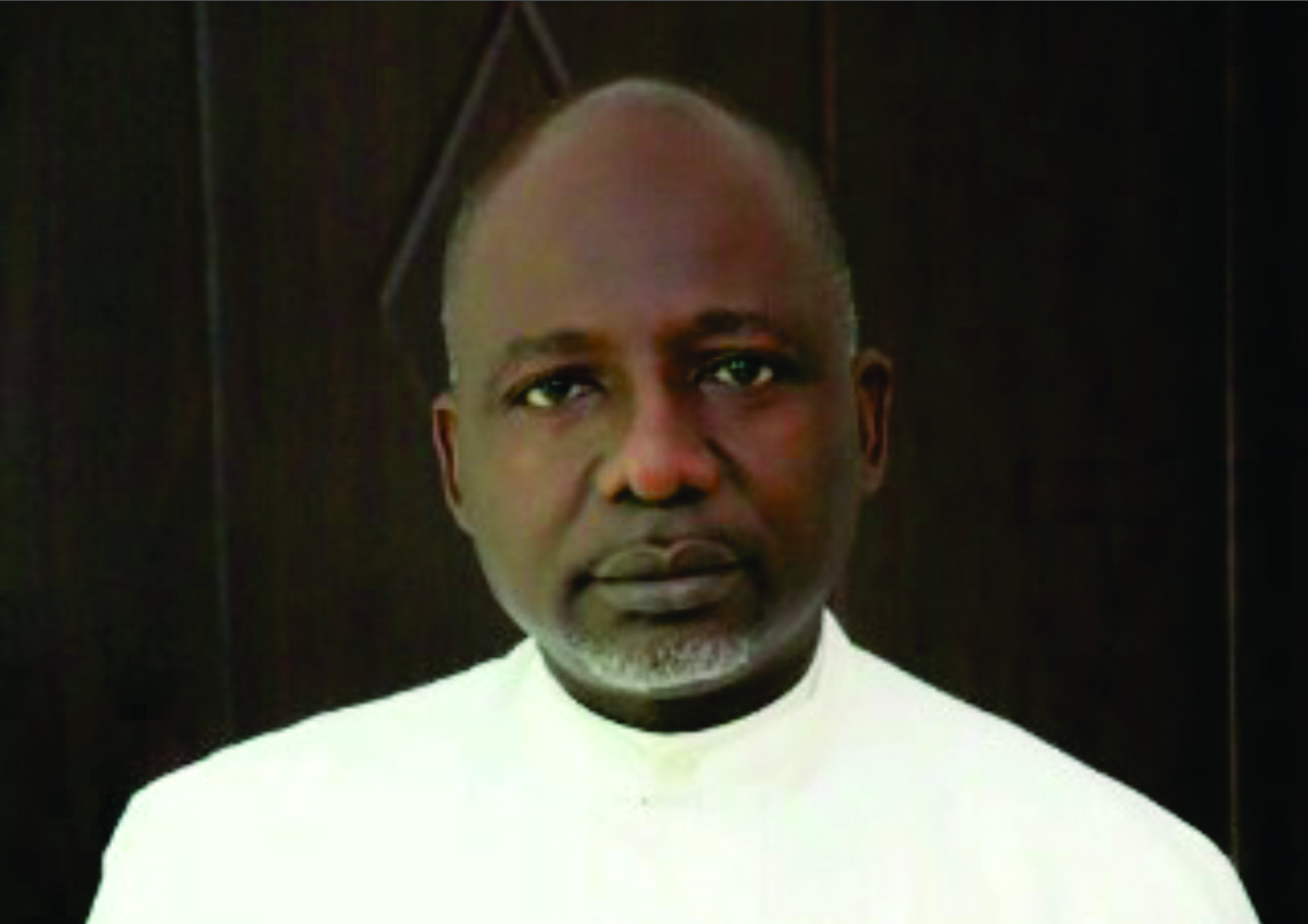There is an average of one psychiatrist to 1.7 million Nigerians as a result of brain drain, a consultant psychiatrist has said.
Some advanced countries, such as Canada, operate a ratio of one psychiatrist to 8400 citizens.
Femi Olugbile, who is also a former chief medical director, Lagos State University Teaching Hospital (LASUTH), said most Nigerians with mental disorders do not visit their healthcare providers for attention.
Speaking to NAN in Lagos on Friday, Olugbile said that there were approximately 100 psychiatrists in Nigeria due to brain drain which had continued to be a challenge.
Advertisement
“Many Nigerian psychiatrists practise abroad because conditions of work in many Western countries are obviously more attractive than locally.
“Also, many young doctors prefer to specialise in areas they consider more ‘lucrative’ such as obstetrics and gynaecology rather than psychiatry.
“Efforts are ongoing to get more young doctors to show interest in psychiatry as a career.”
Advertisement
He said: “Ninety per cent of people, who have mental disorders in our country, whether major or minor, do not get to see any healthcare provider at all for relief of their symptoms.
“So, they are not diagnosed or treated which is a shame, because they have a detrimental effect, not just on the individuals, but on our society.
“Most people who have mental illnesses carry them about; it is like they are working wounded. So, they go to work and live their lives.
“They are not disturbing other people, but they are under-performing at their tasks or they are making wrong decisions as a result of the illness.
Advertisement
“So, untreated mental illness, whether major or minor, carries a cost both for the individual and the society.”
Olugbile said that, at least, one in five people would some time in life experience one or other types of mental illness.
According to him, most of the illnesses that people have are not psychotic such as hallucinations, schizophrenia, they are anxiety and depression.
“They are very common and often missed, because people do not even recognise them as mental illnesses, and they do not present themselves to healthcare providers.
Advertisement
“They do not present, sometimes, out of ignorance or just because the facilities for intervention are not available or within their easy reach.
“Those constitute the overwhelming majority of mental illnesses,” he said.
Advertisement
Olugbile said that it was a challenge and the country has to think of how to creatively provide mental health services to substantial number of the people.
Advertisement
Add a comment






